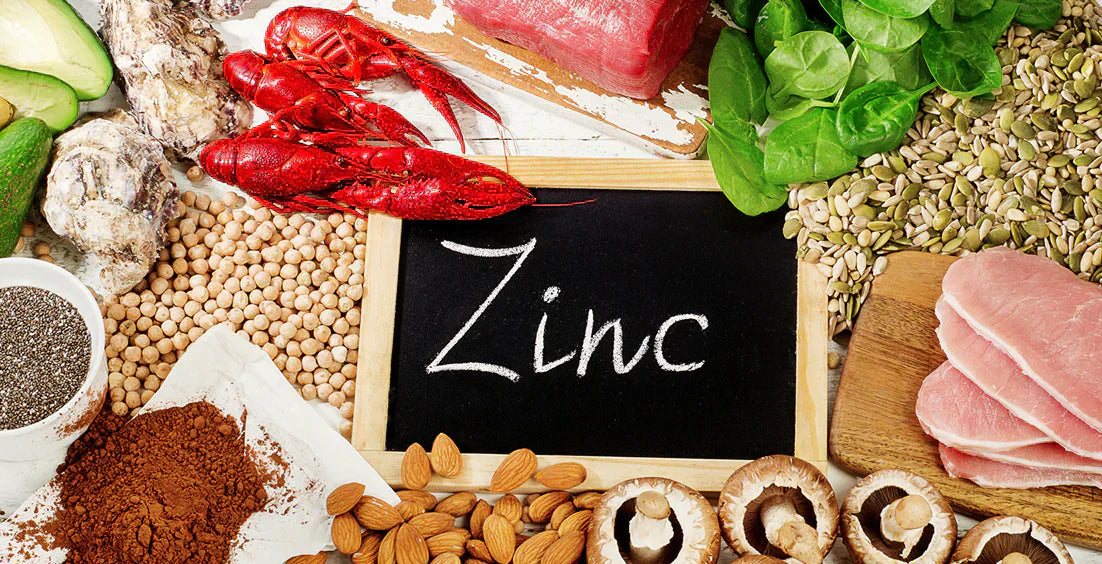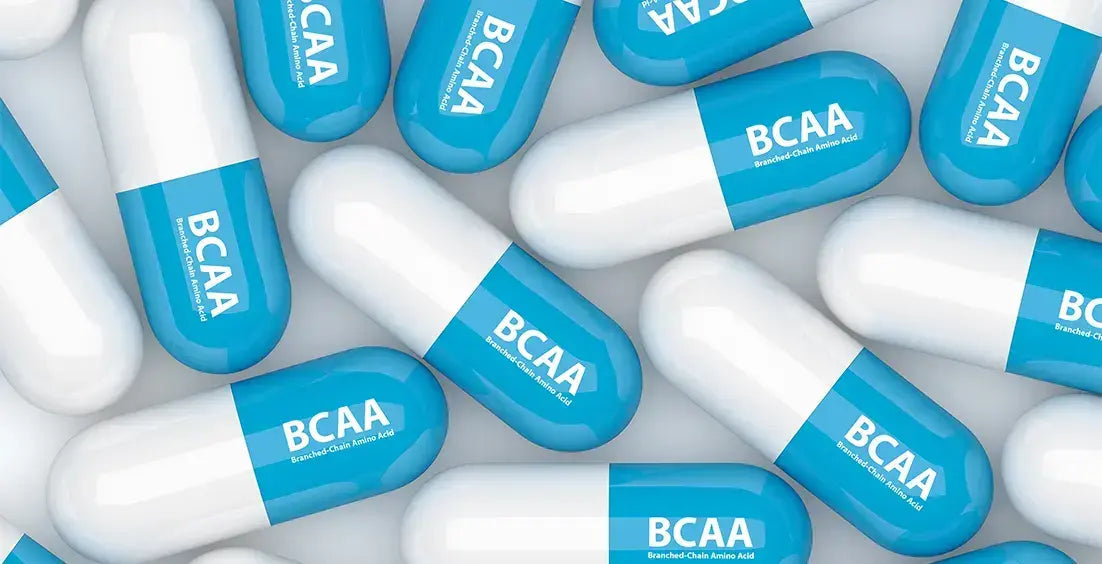How Much Zinc Per Day Should You Take Daily for Healthy Living?
Curious about the right zinc dosage? Learn how much zinc you should take daily to enhance your immunity, skin health, and more in this must-read guide!

Popular Stories
- Benefits Of Maca For Women: 7 Key Benefits You Should Know
- Best Liquid B12 Supplement: Find out its Dosage & Health Benefits
- Best BCAA Supplements for Fat Loss and Muscle Retention
- Best Maca Root Supplement For Men’s Health, Hormones, & Well-Being
- Best Acai Berry Supplements: The Ultimate Buying Guide
- Spirulina Benefits for Women: Superfood for Skin & Hormones
References
- Zinc as a Gatekeeper of Immune Function https://www.ncbi.nlm.nih.gov/pmc/articles/PMC5748737/
- Zinc https://ods.od.nih.gov/factsheets/Zinc-Consumer/
- Zinc Deficiency https://www.ncbi.nlm.nih.gov/books/NBK493231/
- Zinc for the treatment of the common cold: a systematic review and meta-analysis of randomized controlled trials https://www.ncbi.nlm.nih.gov/pmc/articles/PMC3394849/
- Zinc in Wound Healing Modulation https://www.ncbi.nlm.nih.gov/pmc/articles/PMC5793244/
- Zinc Therapy in Dermatology: A Review https://www.ncbi.nlm.nih.gov/pmc/articles/PMC4120804/
- Zinc deficiency and associated factors among pregnant women’s attending antenatal clinics in public health facilities of Konso Zone, Southern Ethiopia https://www.ncbi.nlm.nih.gov/pmc/articles/PMC9262205/
- Zinc https://www.mountsinai.org/health-library/supplement/zinc
- Zinc Supplement (Oral Route, Parenteral Route) https://www.mayoclinic.org/drugs-supplements/zinc-supplement-oral-route-parenteral-route/description/drg-20070269


 Skin Detoxification Bundle
Skin Detoxification Bundle Complete Weight Loss Bundle
Complete Weight Loss Bundle Heart Care Bundle
Heart Care Bundle Better Immunity Bundle
Better Immunity Bundle  Men's Immunity & Prostate Health Bundle
Men's Immunity & Prostate Health Bundle Stress + Energy + Wellness Combo
Stress + Energy + Wellness Combo  Energy Booster Combo
Energy Booster Combo Natural Skin Care Bundle
Natural Skin Care Bundle Workout Supplements Combo
Workout Supplements Combo Cognitive Health & Vision Combo
Cognitive Health & Vision Combo Joint Health Support Combo
Joint Health Support Combo




































